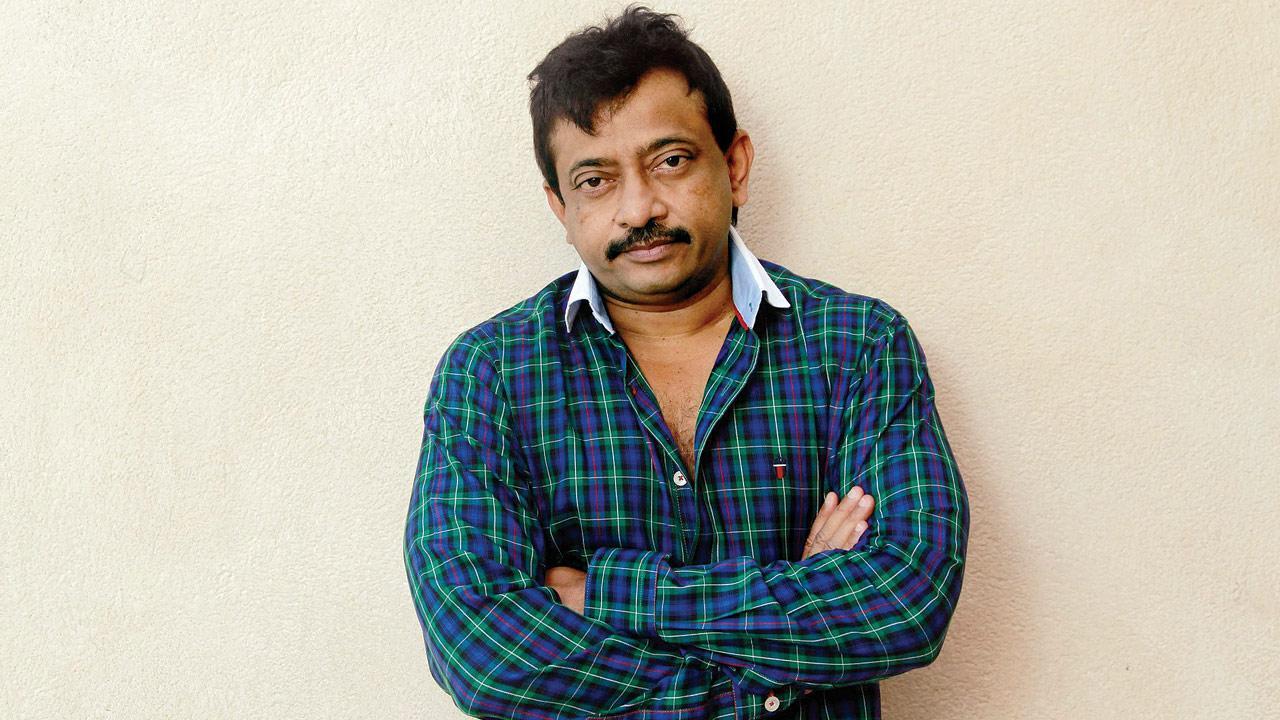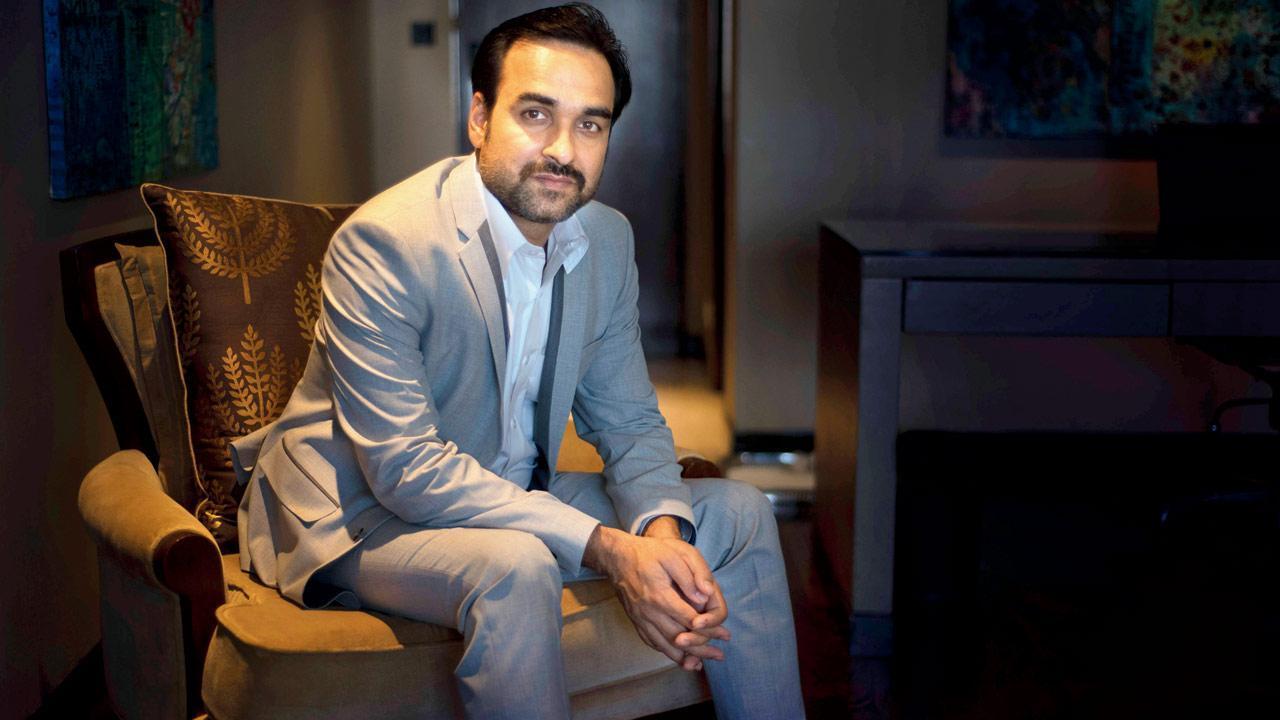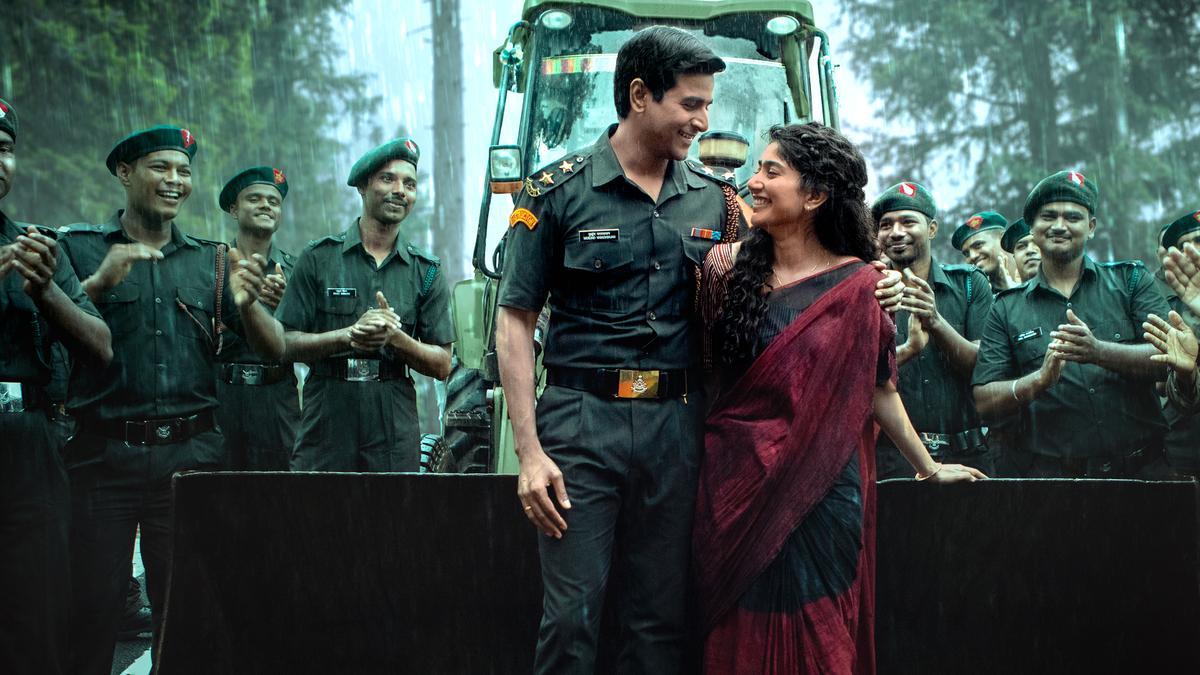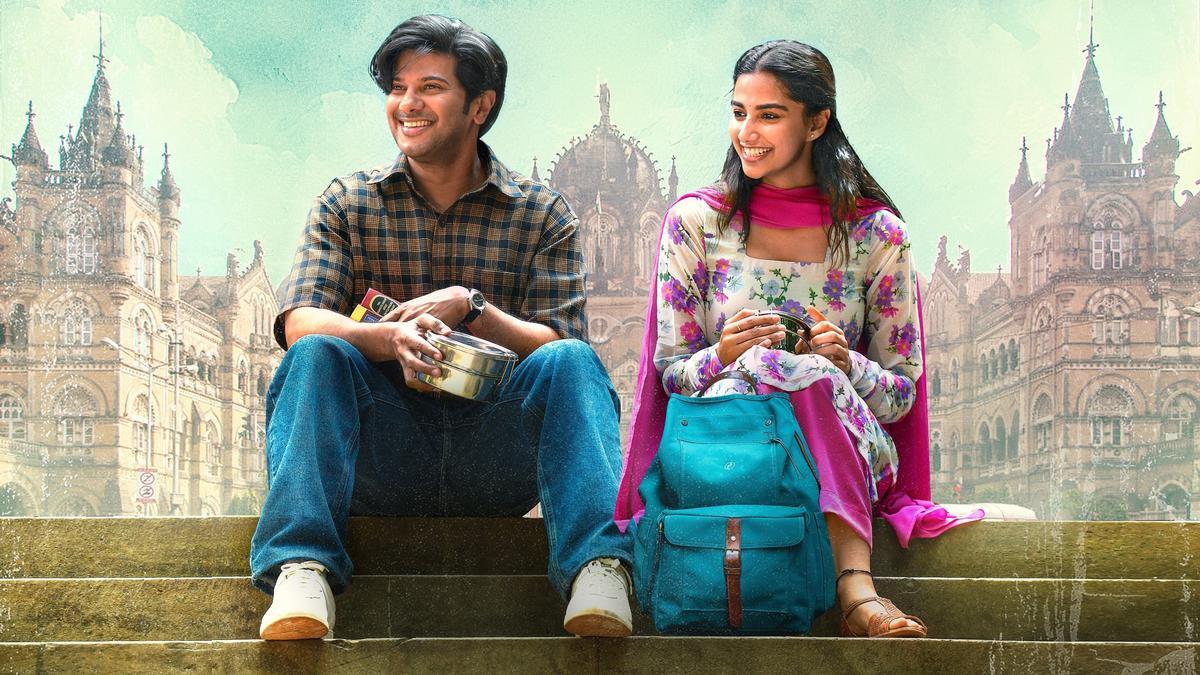
Distinctive Kannada filmmaker Guruprasad, known for his debut sensation Mata (2006) — a razor-sharp critique of religious mutts and skeptical pontiffs — followed by the darkly amusing Eddelu Manjunatha (2009), has made cinematic waves with his innovative approach to storytelling. His creative journey, marked by an engaging blend of humor and social commentary, has seen the emerging director craft unique narratives with a consistent leading man, the talented actor Jaggesh.
The duo’s synergy proved to be a blockbuster hit in both Mata and Eddelu Manjunatha, winning audiences over with their brazen and contemplative comedic styles. However, with Guruprasad’s third film, Director’s Special — starring Rangayana Raghu and delving into the abyss of human avarice — the streak faltered amidst an atmosphere of mixed reviews, leaving the director’s anticipated hat-trick incomplete.
Looking forward, the indefatigable Guruprasad infuses optimism into his next venture as he asserts, “I will clinch a hat-trick with Ranganayaka,” affirming his confidence in his third team-up with Jaggesh. Anticipation swells as Ranganayaka, slated for a competitive release date of March 8, is set to square off against the heavyweight Yogaraj Bhat’s Karataka Damanaka, which features the formidable Shivarajkumar and Prabhudeva.
Ranganayaka has already been generating buzz as a satirical take on the inner workings of the Kannada film industry, promising not just laughs but an experience that will likely captivate viewers and demand reiterations of the successful Jaggesh-Guruprasad combination. Guruprasad passionately articulates the unique artistry of Jaggesh, who immersed in his Eddelu Manjunatha role in three days and wrapped up filming in just over two weeks, another testimony to their deep-rooted connection and Jaggesh’s untapped potential.
While critics and viewers alike have been enraptured for a good two-hour cinematic thrill, Guruprasad’s films often face scrutiny over their abrupt finales. The filmmaker, however, stands by his storytelling approach, asserting that audience desire for more is a sign of a film’s success, echoing the practice of legendary Malayalam director Fazil (of Manichitrathazhu fame) who writes his climactic scenes initially.
Guruprasad’s creative process is further enhanced by his impeccable command of the Kannada language, enabling him to craft incisive wordplay and distinctive dark comedy. He credits his family for nurturing his comedic talents, recalling how his youthful experiments in humor were met with laughter and support.
Despite accolades for his work, Guruprasad navigates through challenges that come with crafting films, specifically the dynamics of his relationships with producers. The key, he believes, is likening these partnerships to a marriage, where harmony between producer and director ultimately shapes public reception of their “child”—the film itself. With a seasoned perspective, Guruprasad now enjoys a self-sustaining position where funding his own movies is within reach.
Addressing murmurs of ego, Guruprasad reflects on his unwavering commitment to excellence in art. Recalling an anecdote from Eddelu Manjunatha’s shoot, he shares a moment with Jaggesh, defending his exacting demands as not stubbornness but dedication to audience engagement—emphasizing that one must never underestimate the power of performance or humor in shaping the cinematic experience.
Guruprasad’s journey, filled with highs and lows, critical acclaim and introspective challenges, reflects the unwavering spirit of a filmmaker who consistently pushes boundaries. With Ranganayaka’s release on the horizon, audiences and critics alike eagerly await to see if the dynamic duo of Guruprasad and Jaggesh will deliver yet another memorable film, potentially sealing that elusive hat-trick and further cementing their place in the annals of Kannada cinema history.










